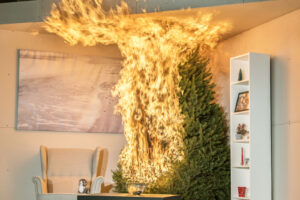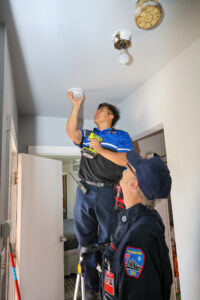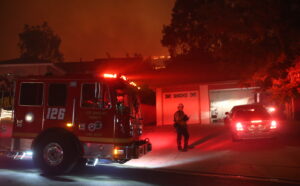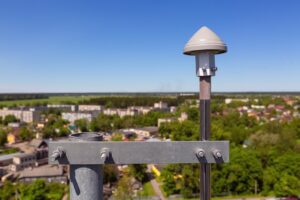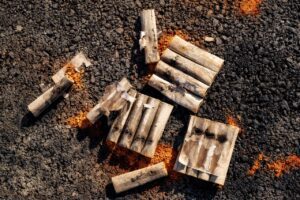For many children and young adults, the tragic terror bombing during the 2013 Boston Marathon will result in confusion, fear, and lots of questions. The terror attacks of 9/11/2001 occurred a long time ago, and many young people weren’t born when our country was attacked from the air. So, for anyone under the age of 11, yesterday’s events were something new and potentially frightening.
As a family, how are we to deal with the events of yesterday – and how do we explain them?
There are some simple yet important things we can share with each other (family, extended family, classroom).
The first is that the world is a complicated place, and television and the Internet make it seem much smaller than it really is. Things that are far away may seem to be very close. And with so many people in the world, some of them will be unhappy – and want to make others unhappy as well.
Your kids are likely to hear about the tragedy in Boston from their friends, and they may hear some things that are not accurate. If your children are under the age of seven, it’s probably best to simply reassure them that they’re safe and to keep things simple.
If your children are older than seven, don’t be shy about talking about the bombing. Be calm, and talk about the facts, and ask each other how the event made you feel. How do you feel now? By talking through the things that are upsetting, some of the stress and fear will be released, and your family may be able to cope with the aftermath more easily. Make certain everyone in the family knows they’re safe and the events that took place in Boston are not likely to happen to you or them. And if your kids are scared, let them know that their feelings are appropriate – and that you may get scared on occasion as well.
A tragedy such as what took place in Boston is a very rare event. The vast majority of emergencies that involve fire, earthquake, and accidents (like falling down the stairs or getting burned by hot water) take place in our own homes. That’s right – we’re most likely to get hurt in our own homes, not in a public place.
We need to make certain we do all we can to ensure we’re safe at those places where we spend most of our time. That means our home, our school, our playground, and the homes of our extended family and friends.
AT HOME – Make certain your family has a plan in the event of an emergency. You’ve heard this before, but if you have a plan, when something goes wrong, you’ll know what to do.
AT SCHOOL – Follow the instructions provided by teachers. Most schools have practice fire drills and other forms of practicing for some sort of emergency. Don’t laugh them off. They could help you stay safe if something bad happens.
EVERYWHERE – It’s possible to have fun and also be alert. You can make a game out of being aware of your surroundings. How many people are in the room you’re in? How many exits are there? Compete with your family and friends to try and figure these simple things out. It should only take a few minutes. And then, relax and have fun. Oh – there is one more very important thing to remember. Being aware of your surroundings means knowing what should be there and what may be unusual. FEMA, your Los Angeles Fire Department, and MySafe:LA all say the same thing to you: If you see something, say something. Whenever something seems wrong, dial 9-1-1.



